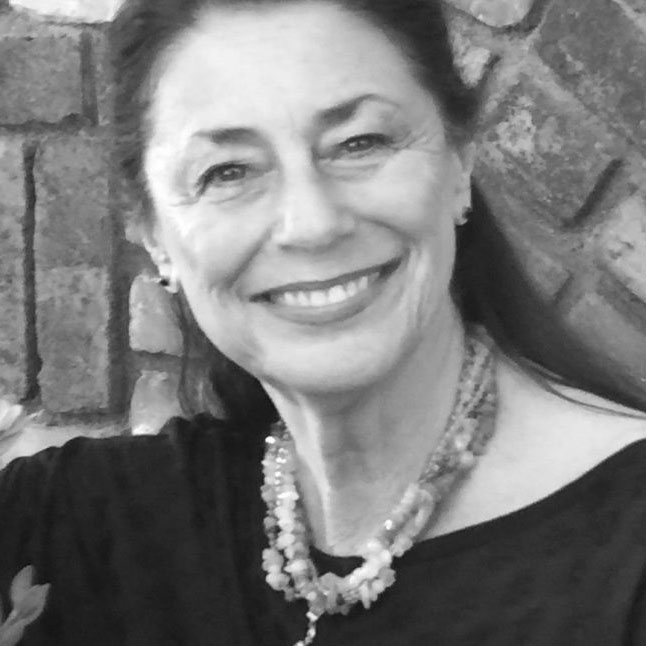 Elderly woman hands praying with peace of mind and faithfully.
Elderly woman hands praying with peace of mind and faithfully. Psalm 90, ascribed to Moses, acknowledges the brevity of the human’s life and his or her finite time on Earth, and so he asks God to “Teach us to count our days, then we shall acquire a heart of wisdom.”
This is an unlikely question from Moses, the person closest to HaShem with the deepest understanding of God’s ways. In fact, God states, “Mouth to mouth do I speak to him …” (Numbers 12:8). Yet, punished for disobeying God, he, too, must die like the rest of us, raising the question, what does it mean to count our days? We get a hint this time of year.
In my previous column, I pointed out that Passover is the beginning of a journey, leaving behind slavery in Egypt and moving toward a life of freedom that culminates at Mount Sinai, receiving Torah and the Ten Commandments. Freedom is not a life of unrestrained and total self-centered determination. Although we have choice, we also live with values and ethics, with love and compassion, making room for others and living out divine qualities. We search for purpose and meaning in our lives and participate in supporting those around us and fulfilling the will of the creator.
Centuries ago, our people lived in relationship with nature and cyclical harvests. This was how they fed their families as well as offered, a number of times a year, a portion to God as a gift of gratitude from their produce. Torah spells out how much, and when, such offerings were made. “You shall count for yourselves, from the day after the Holy Day, when you bring the Omer of the waving, seven weeks … fifty days, you, shall offer a new meal offering to HaShem.” (Leviticus 23:15-16) So the day after Passover, an Omer, a measurement of barley, should be brought to the Temple, and seven weeks later, another offering, this time two loaves of fine flour. Certain animals were also required. In all, gifts that would be burnt on the altar creating a “satisfying aroma to HaShem.”
This 50th day is Shavuot, meaning weeks, which the rabbis turned into a celebration of receiving Torah, but its origin is to mark the harvest of the wheat. So counting was a way to focus on nature with its steady growth and ultimate fulfillment; harvesting, gleaning, cooking/baking, eating and earnestly sharing with HaShem the profound expression of gratitude for sustenance and life.
After the Temple was destroyed, harvested offerings were curtailed but the rabbis saw the above commandment with fresh eyes and newly directed purpose. Counting became an inner process, a spiritual preparation from the second day of Passover until the 50th day, Shavuot, ready to receive Torah. Focusing on each day brought enlightenment and built anticipation, just as when we look forward to a wedding, a bar or bat mitzvah or even a vacation. How often do we count the days until our simcha or anticipated excursion?
Counting the Omer, as it is known, has taken on new dimensions. Kabbalists, seeing the human being as a template for divine expression, the Etz Chayim (Tree of Life), focus on seven (one for each week) psycho-spiritual attributes, sefirot; chesed — lovingkindness, compassion); gevurah — boundaries, restraint, discernment; tiferet — balance, harmony; netzach — victory, action, perseverance, accomplishment; hod — humility, empathy; yesod — relationship, sharing, intimacy; and malchut — imminent divinity, how we express the divine and stand in the world.
Students of Mussar focus on ethical, moral and humane conduct; honesty, generosity, patience, listening, equanimity, etc. Counting is a process of elevating one’s character and purifying the soul in preparation for receiving Torah. Once we harvested grains, moving toward virtual Sinai is now an opportunity to harvest our best selves.
The Israelites leaving Egypt carried post-traumatic stress disorder from years of abuse and enslavement, needing to go through a process of refinement and healing before standing at Sinai. From now until June 7, we, too, have an opportunity through meditation, study, prayer, deep inner exploration or shared dialogue to examine, and better understand, who we are, how we relate to others and the world, and if the values we hold dear have not slipped away. The genius of the Jewish calendar is that it provides time to acquire a heart of wisdom, time for self-reflection, by counting each day and making each day count.
Eva Robbins is a rabbi, cantor, artist and the author of “Spiritual Surgery, Journey of Healing Mind, Body and Spirit.” For more details and a chart for counting the Omer, visit Robbins’ blog at jewishjournal.com. expandedspirit.org






















 More news and opinions than at a Shabbat dinner, right in your inbox.
More news and opinions than at a Shabbat dinner, right in your inbox.